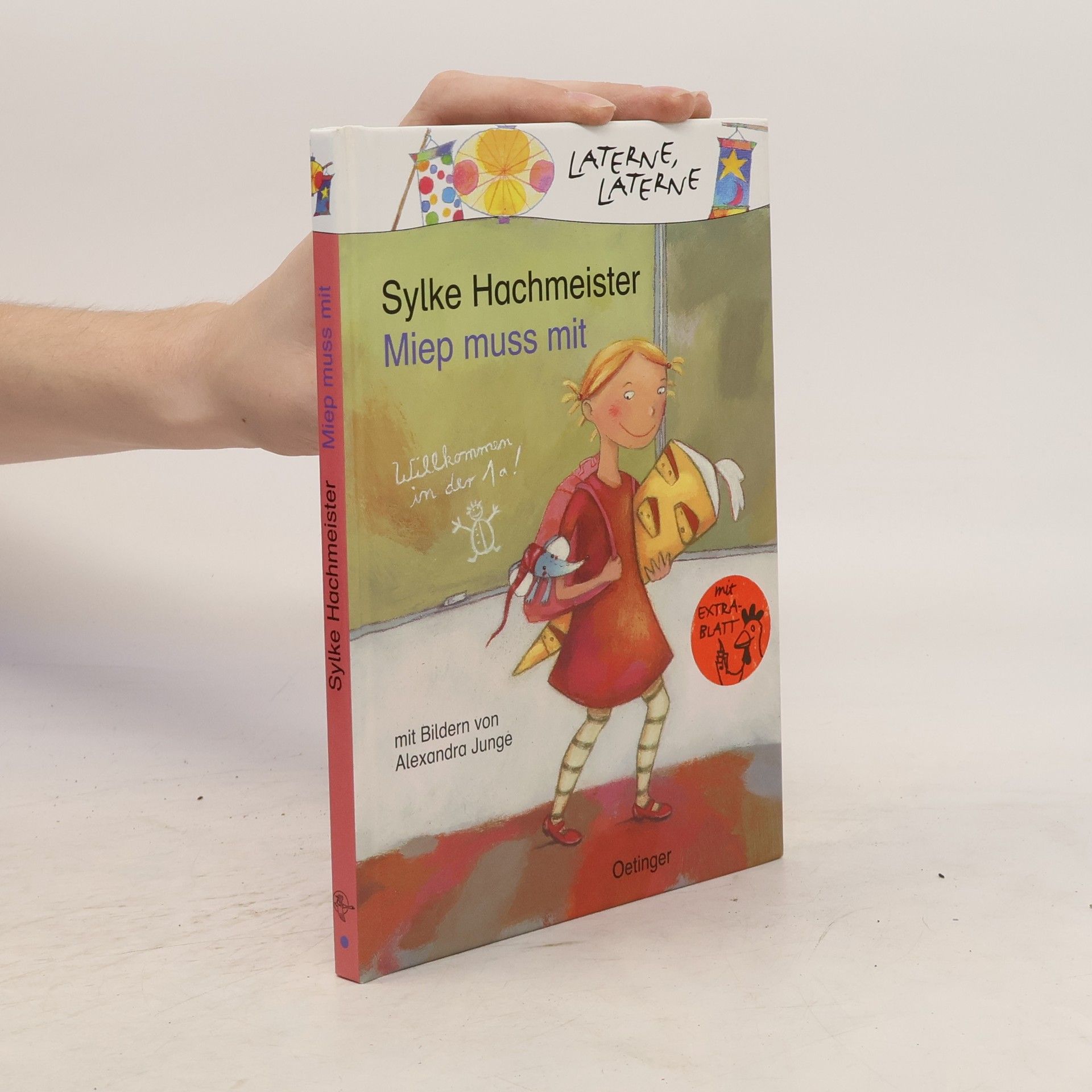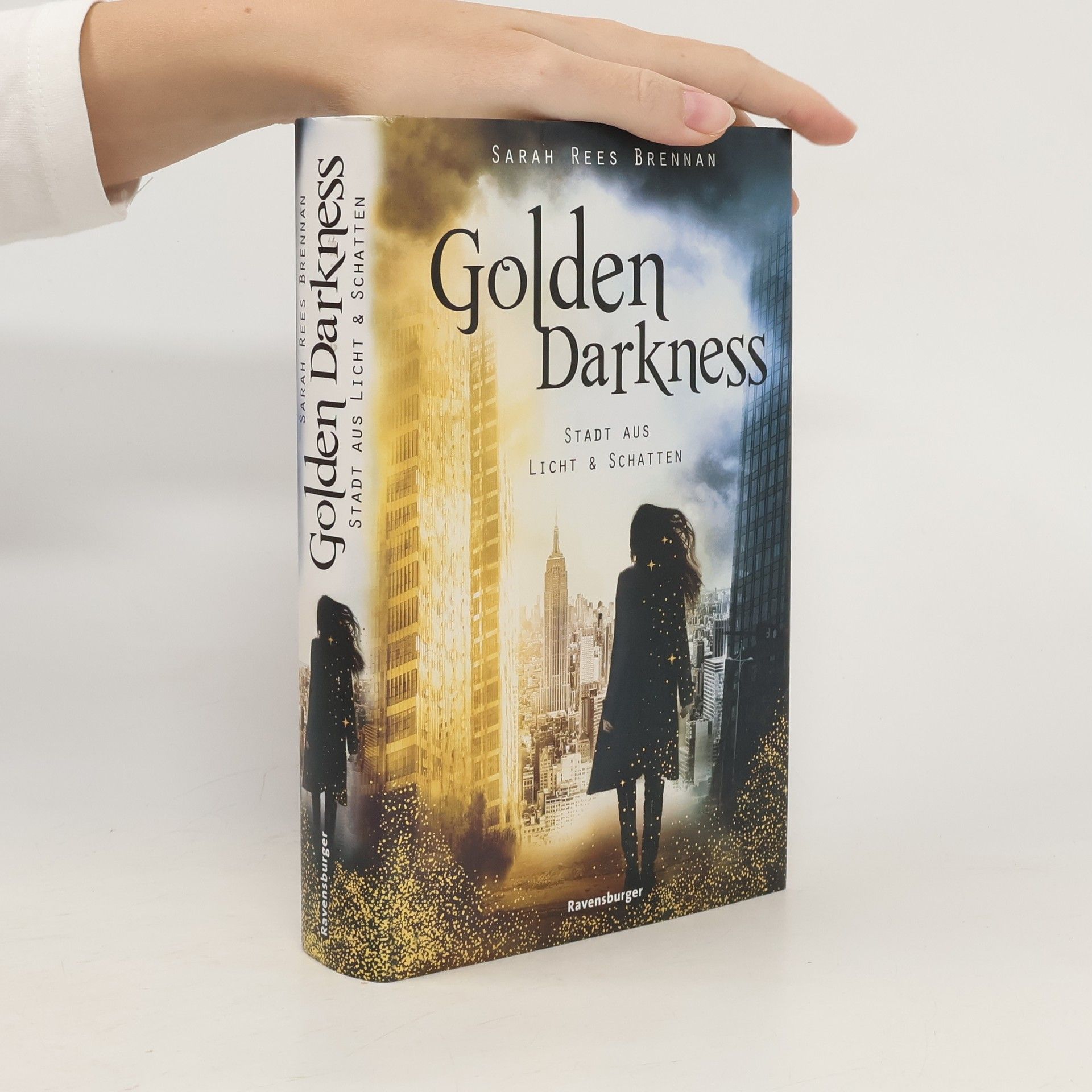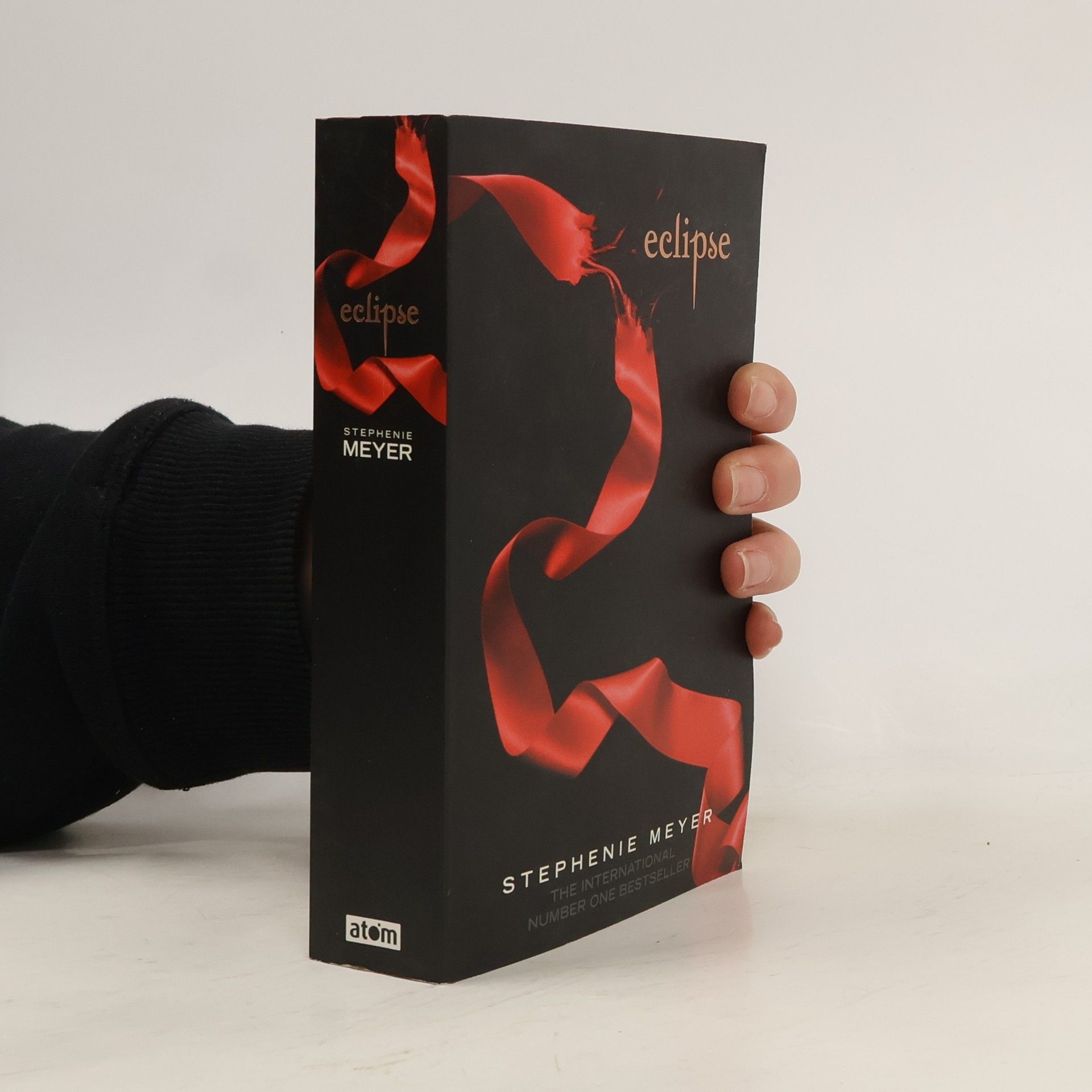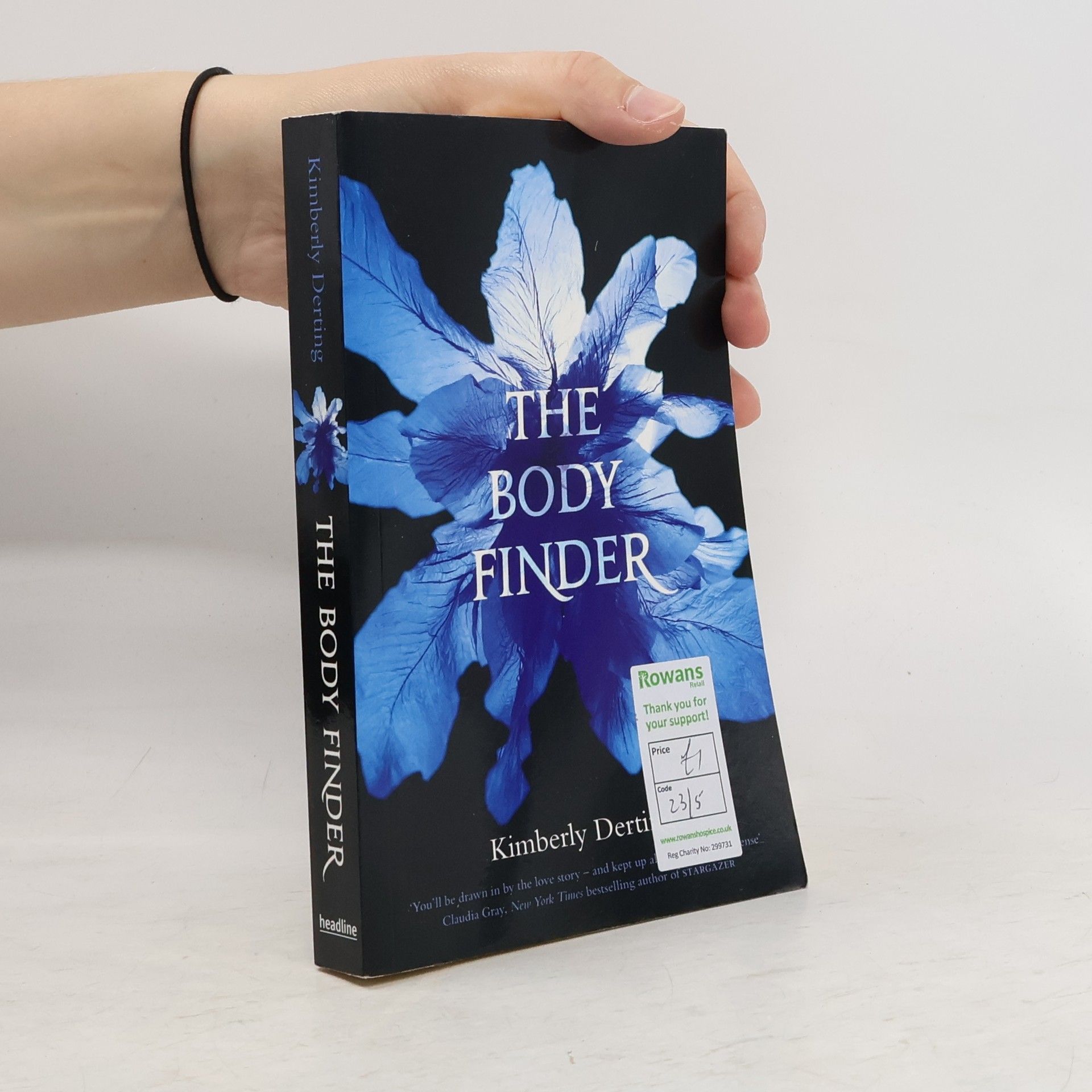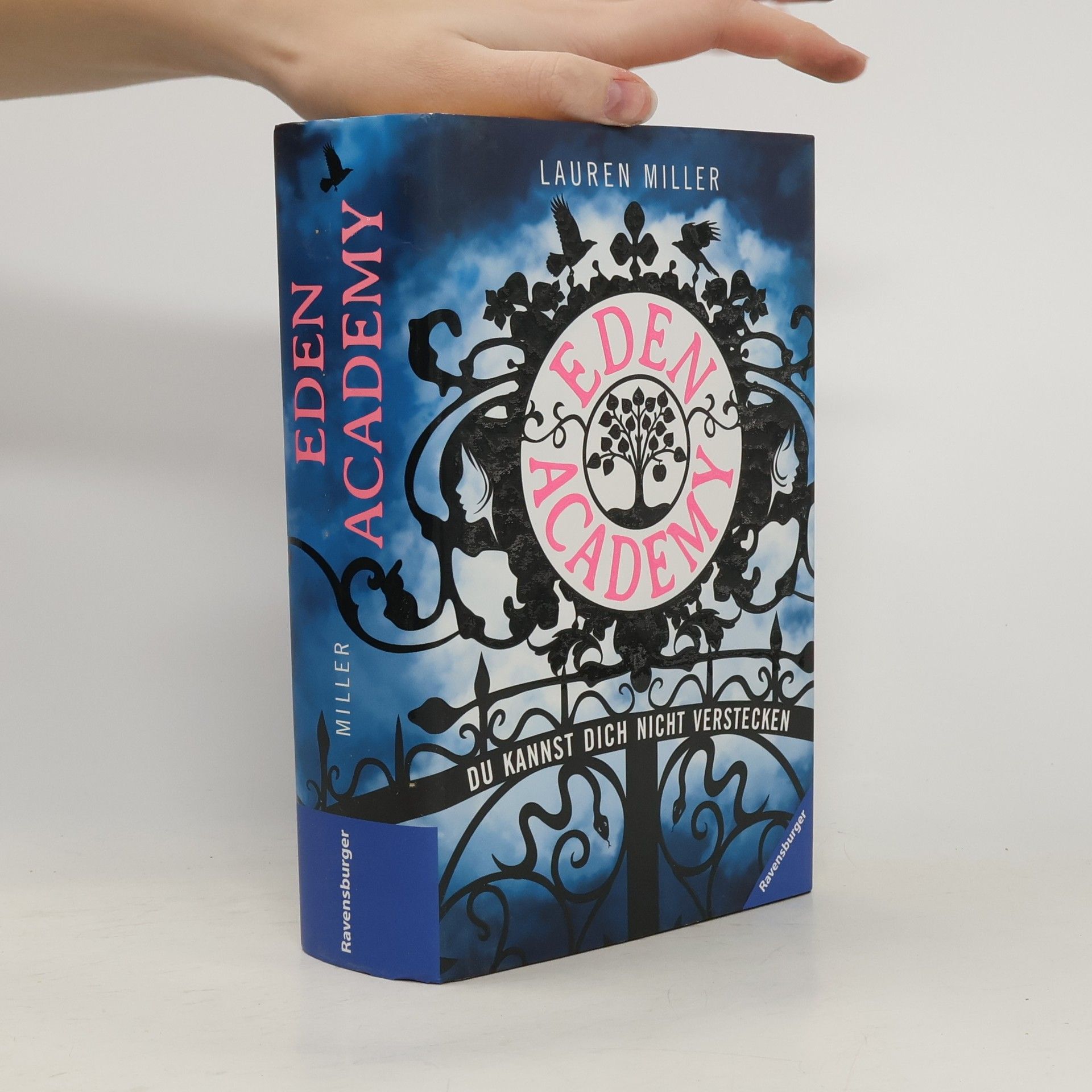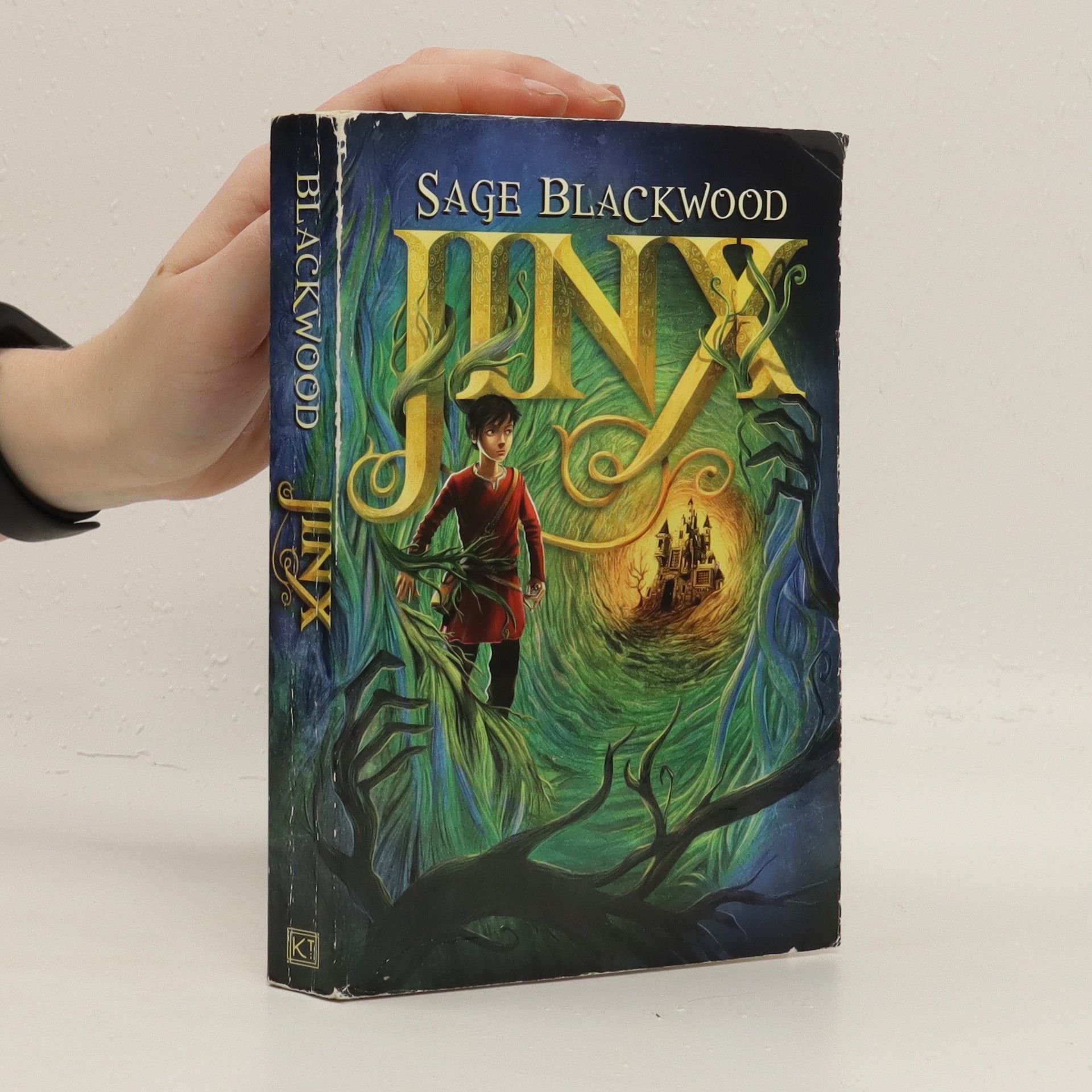Jinx
- 384 pages
- 14 hours of reading
The highly acclaimed first book of a fantasy adventure series set in a mysterious forest, starring a daring new hero. "Readers will thrill to journey with Jinx" (SLJ, starred review), a wizard's apprentice, as he sets off on a quest through the dangerous Urwald, a magical forest full of wizards and were-creatures, and discovers that it is more complex than he could imagine, and that it needs him more than he could ever guess. This humorous and smart tween fantasy adventure is perfect for fans of Septimus Heap, The Sisters Grimm, and Fablehaven. Supports the Common Core State Standards
